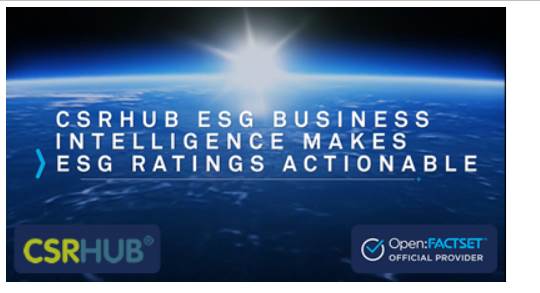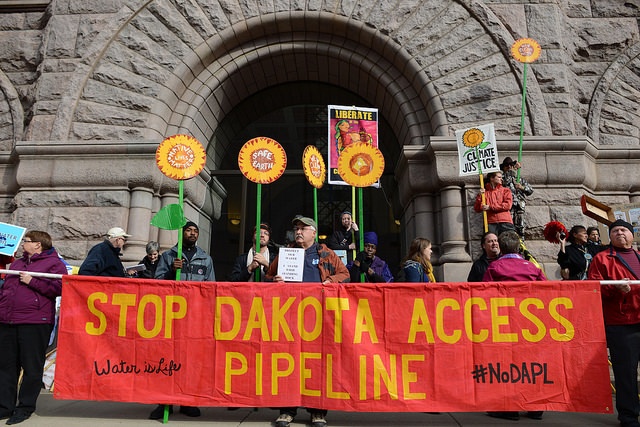By Carol Pierson Holding
Like so many, I was shocked a few weeks ago to read about the Heartland Institute’s billboard that showed a mug shot of Unabomber Ted Kaczynski next to the headline “I still believe in global warming. Do you?” I could not imagine what the positioning might mean from an organization that has strived so hard for credibility. Was this a joke akin to a schoolyard prank?
 Heartland quickly imploded from the fallout, losing at least one-third or $825,000 in 2012 corporate funding, almost its entire Washington, DC office staff and several board members too. Heartland’sseventh annual confab held at the end of May was a disaster, with speakers, sponsors and attendees pulling out as a result of the billboard. Heartland President Joseph Bast announced this will be its last conference. Even featured gala guest Czech President Václav Klaus failed to staunch the tide. More than one-third of expected dinner guests did not show.
Heartland quickly imploded from the fallout, losing at least one-third or $825,000 in 2012 corporate funding, almost its entire Washington, DC office staff and several board members too. Heartland’sseventh annual confab held at the end of May was a disaster, with speakers, sponsors and attendees pulling out as a result of the billboard. Heartland President Joseph Bast announced this will be its last conference. Even featured gala guest Czech President Václav Klaus failed to staunch the tide. More than one-third of expected dinner guests did not show.
Where did Heartland get its outrageous hubris? Was it, as Paul Krugman suggested, simply that “wealth and power creates a bubble in which people are so eager to please the paymasters that they lose any sense of what it sounds like to those not already answering to the same paymasters”? Three weeks later, I got a more complete picture of the paymaster from Bill McKibben’s review of Steve Coll’s new book Private Empire: ExxonMobile and America Power. The climate denier’s arrogance may not have started with Exxon, the world’s 21st largest economy, but if for 20 years Exxon has persuaded US presidents that climate science is in doubt, why shouldn’t movement spokespeople feel they can do exactly what they want?
The really surprising thing is that Exxon has backed off its extreme stance, moving from a position of absolute denial – as recently as 2000, Exxon Chairman Lee Raymond insisted to shareholders that global warming is far from proven – to one of obfuscation. Exxon’s party line became one we’re all familiar with: climate change is complicated, the use of fossil fuel is inevitable and reliance on renewable energy is unrealistic especially in developing countries, where it would worsen poverty.
So what’s with the extreme climate denials still flowing from Heartland and other organizations, levels of extremism that alienate even oil industry supporters? Heartland used to be content to support Exxon’s messaging, stating in a 1997 paper:
"Some environmentalists call for a ‘save-the-day’ strategy to 'stop global warming,' saying it is better to be safe than sorry. Such a position seems logical until we stop to think: Immediate action wouldn't make us any safer, but it would surely make us poorer. And being poorer would make us less safe."
Ever the optimist, I would argue that Heartland’s billboard was more than just a matter of living in a bubble: climate deniers are at a turning point. Think of the tobacco industry: In 1970, US regulations were instituted that mandated warning labels on cigarettes and banned TV ads. Ten years later, with cigarette consumption on the wane, Joe Camel was introduced to co-opt a new customer segment: children. In 1997 after a San Francisco attorney brought suit and the FTC filed a complaint, that horrendous campaign, was halted. Tobacco industry arrogance galvanized public opinion and regulatory zeal, leading to the 1998 court order that forced the tobacco companies to pay health care costs of at least $206 billion.
The same pattern can be seen of the soft drink industry and obesity. A case could be made that Bloomberg’s New York City initiative to limit the maximum size of soft drinks to 16 ounces marks that industry’s turning point.
The oil industry and petroleum supporters are backed into a corner on the issue of climate change. What will happen to climate skeptic groups like the Heartland Institute as public opinion and regulation put them out of business? Like wild cats and frat boys, they are brawling to protect their territory, lashing out even at their own expense. Overly aggressive behavior like the Unabomber billboard could predict that the end of climate denial is near. Just a theory. Let’s watch what happens next.
Photo published under Creative Commons license. Courtesy of hmcotterill on Flickr.
Carol Pierson Holding writes on environmental issues and social responsibility for policy and news publications, including the Carnegie Council's Policy Innovations, Harvard Business Review, San Francisco Chronicle, India Time, The Huffington Post and many other web sites. Her articles on corporate social responsibility can be found on CSRHub.com, a website that provides sustainability ratings data on 5,000 companies worldwide. Carol holds degrees from Smith College and Harvard University.


